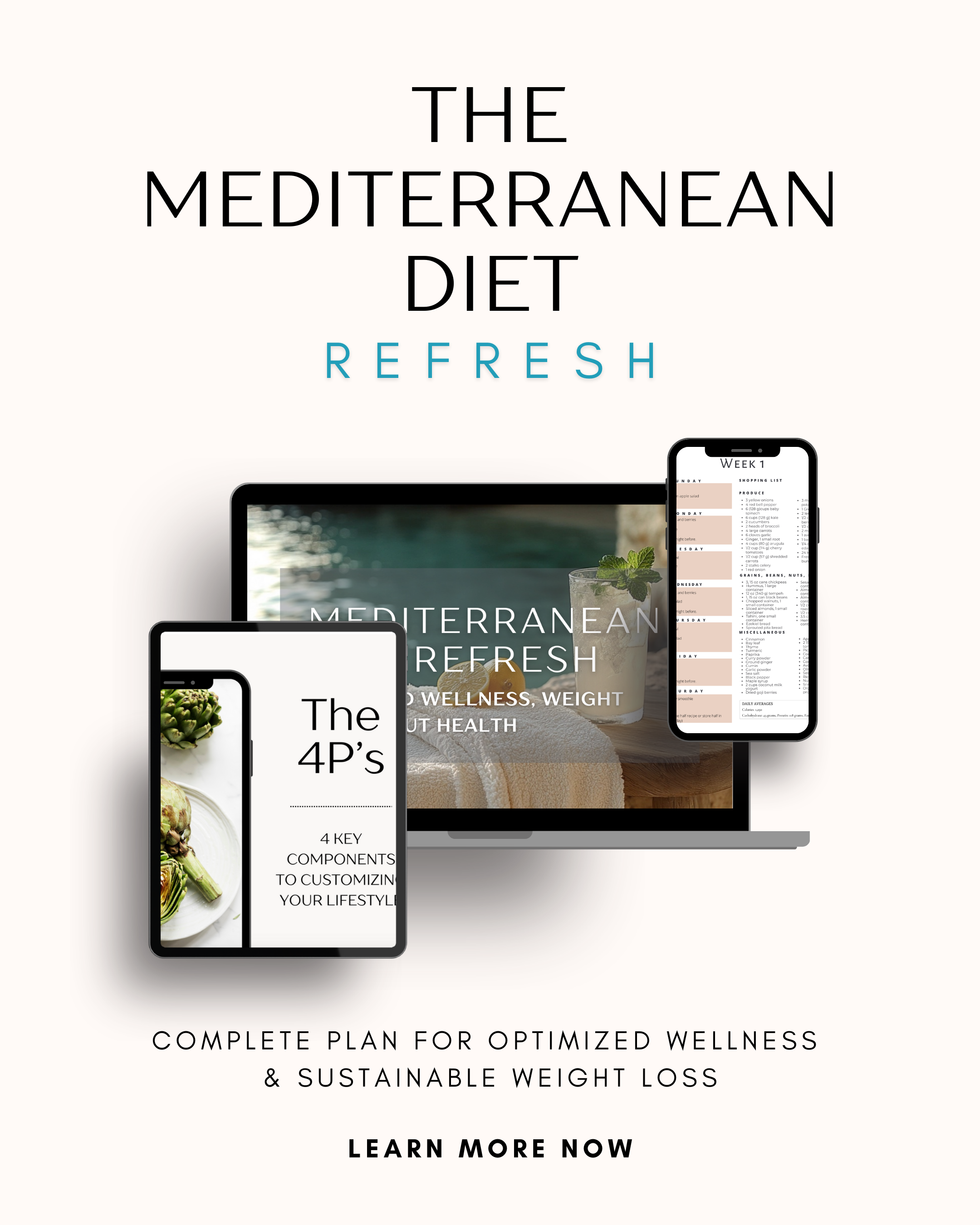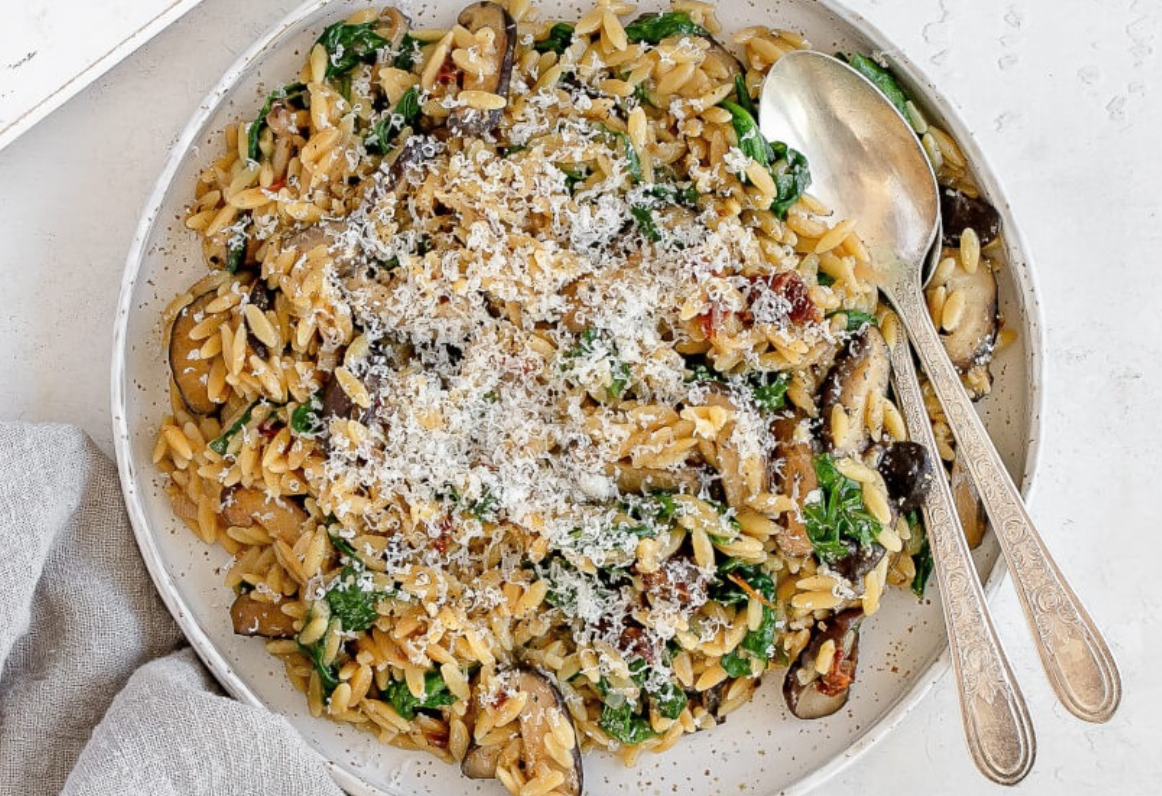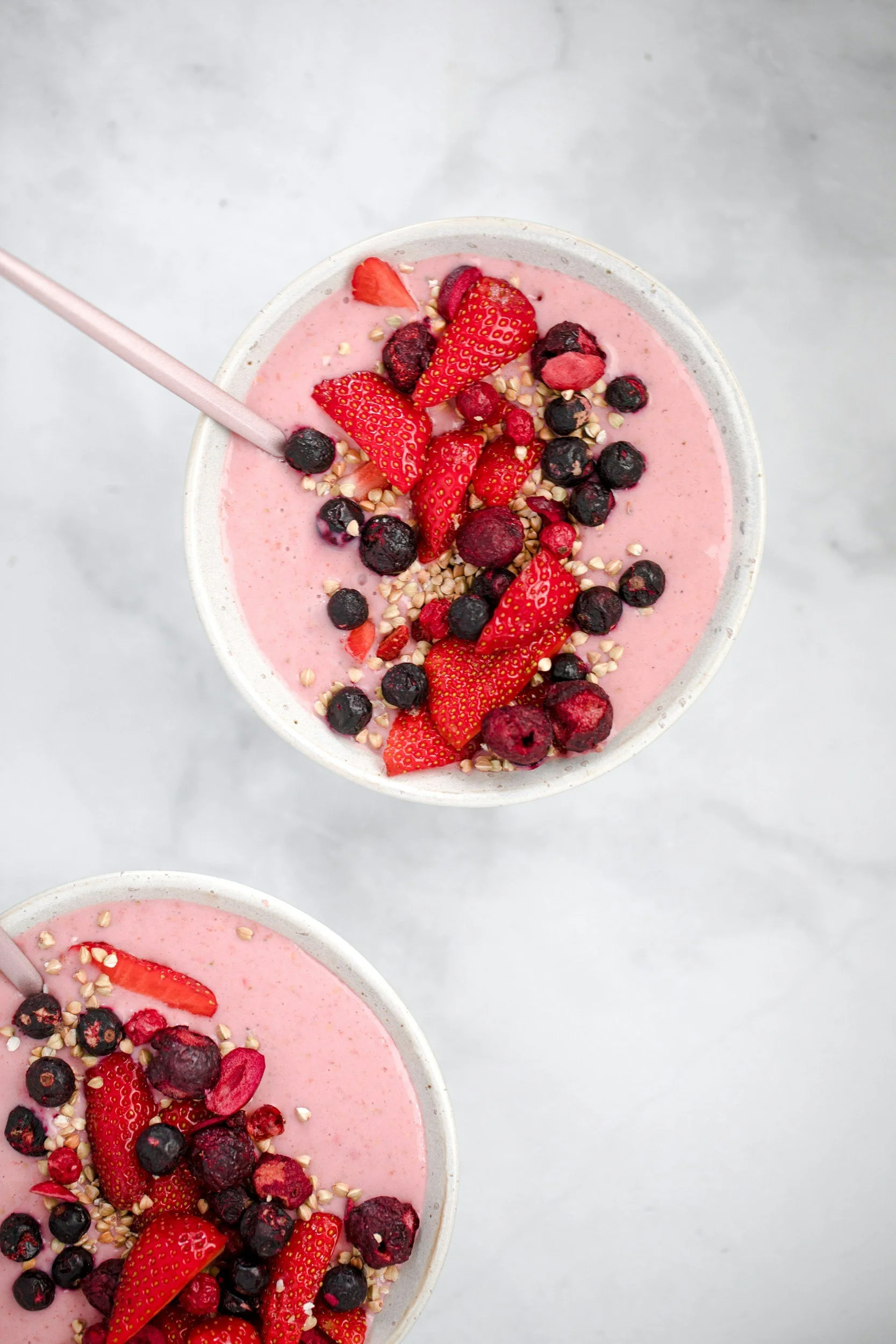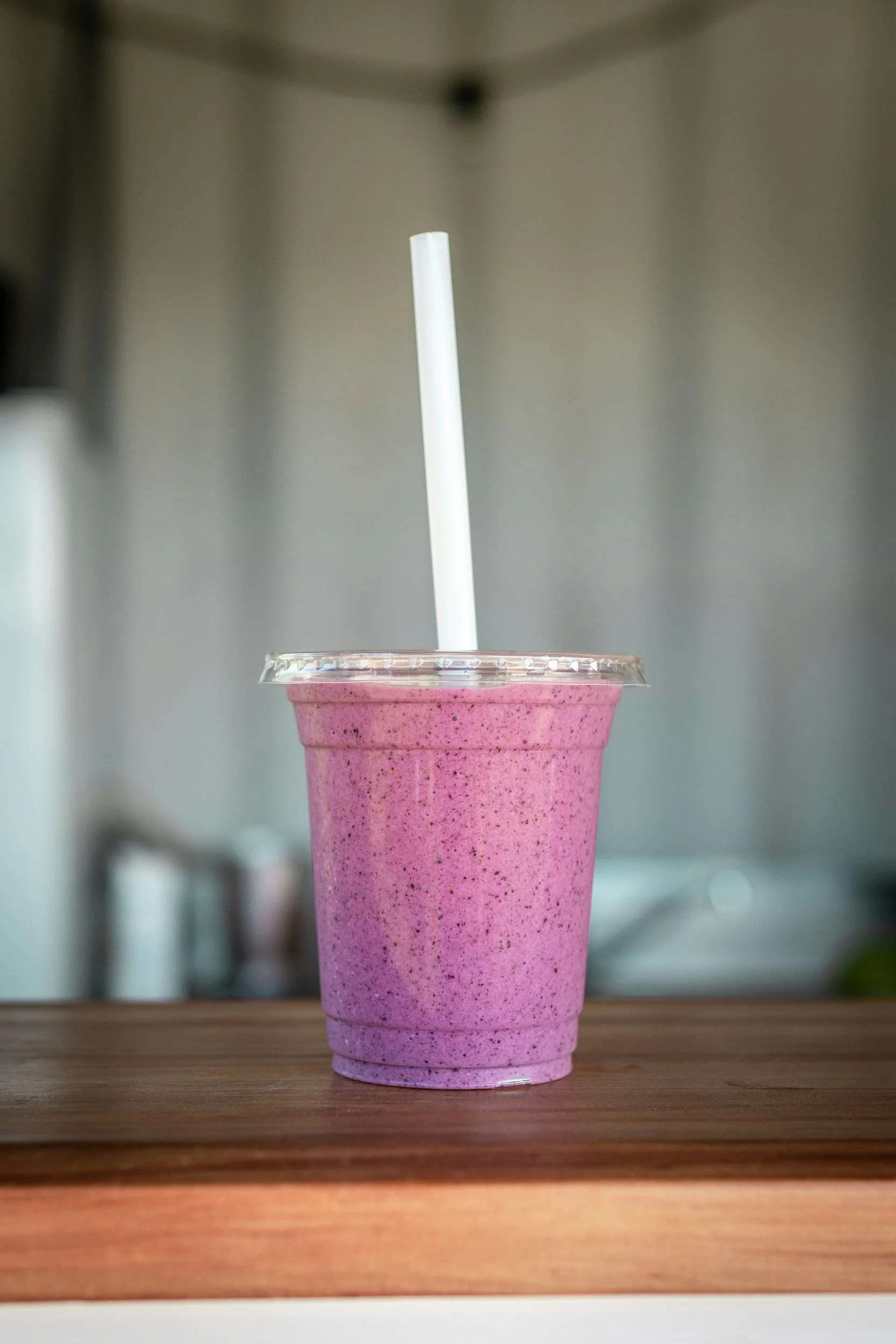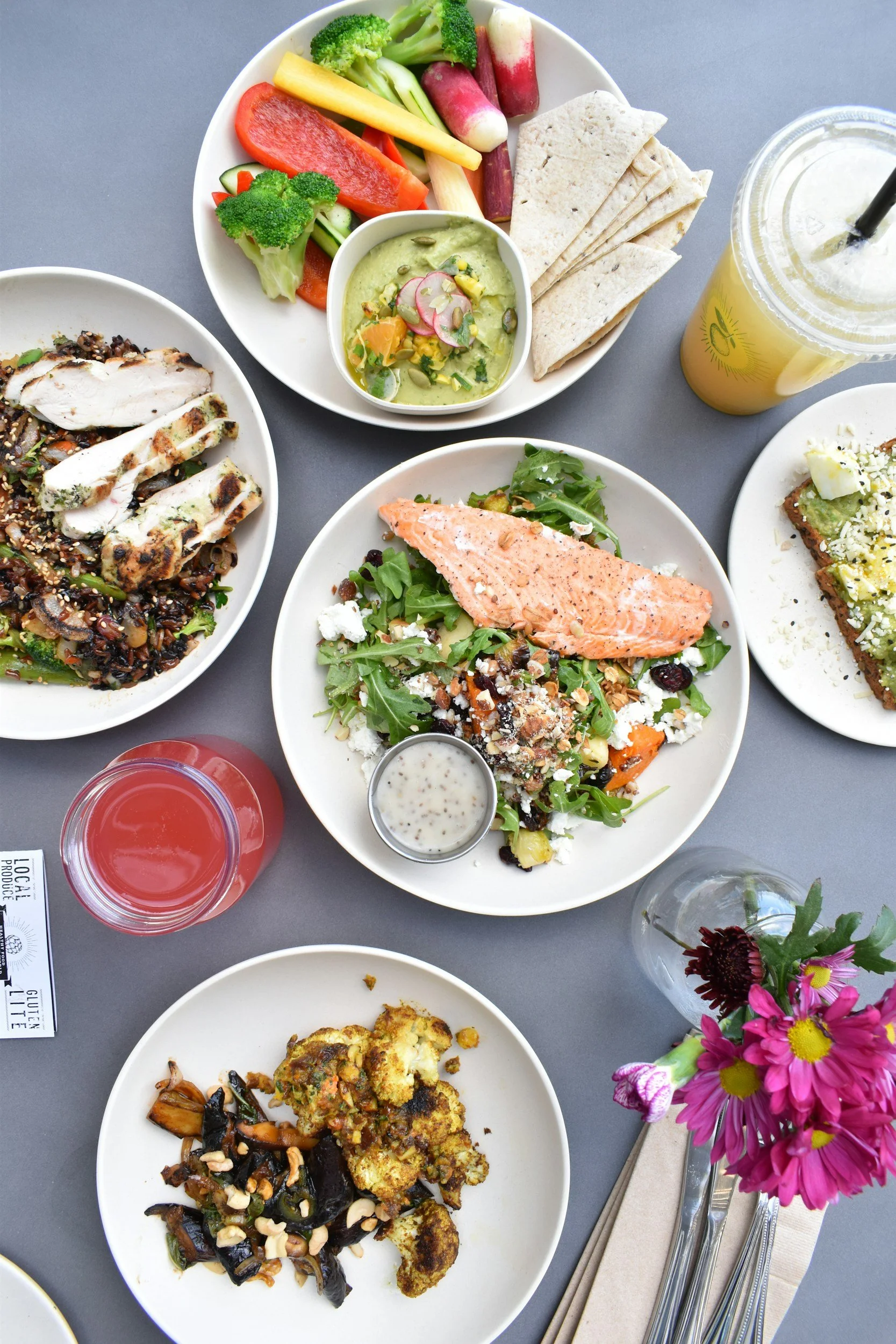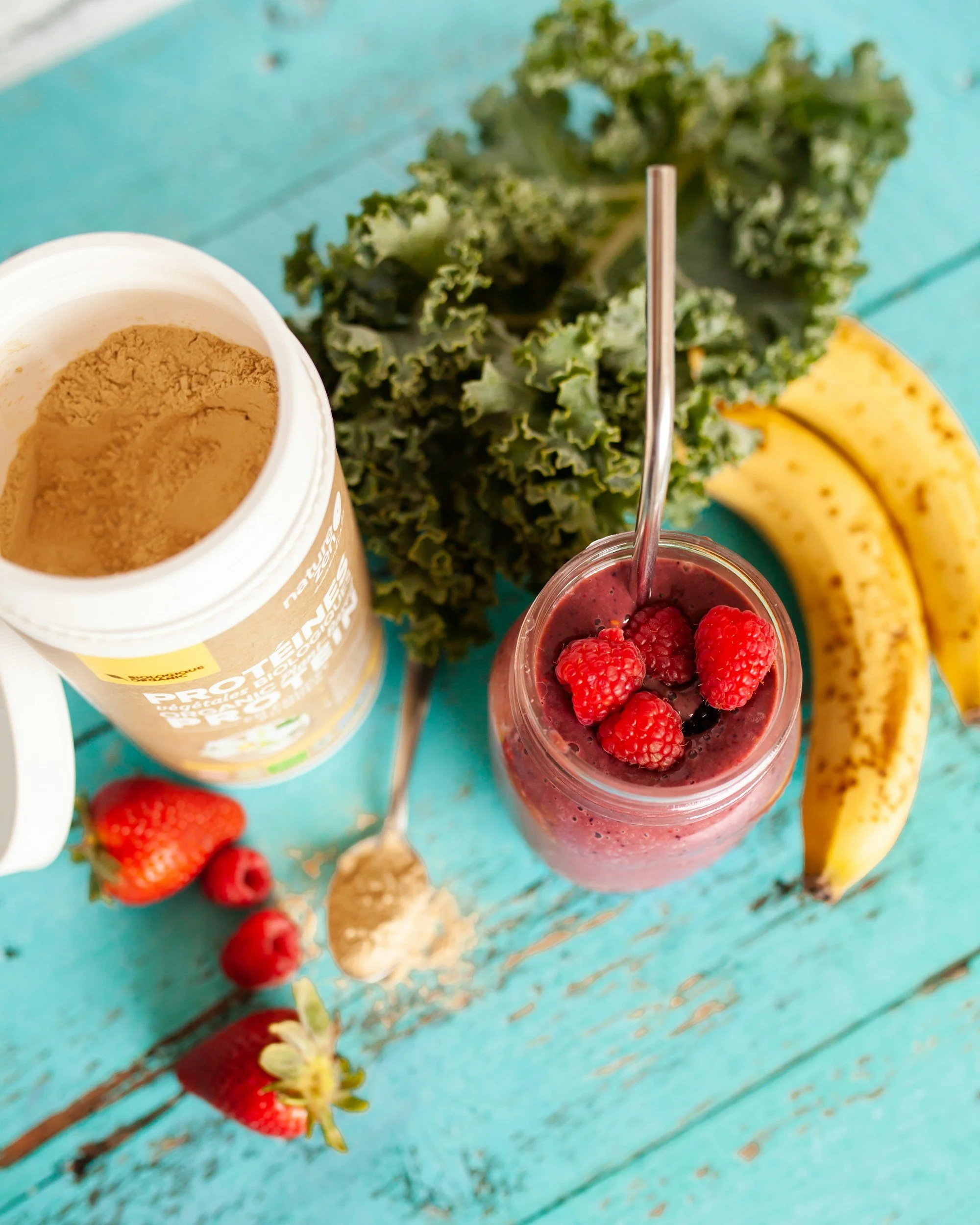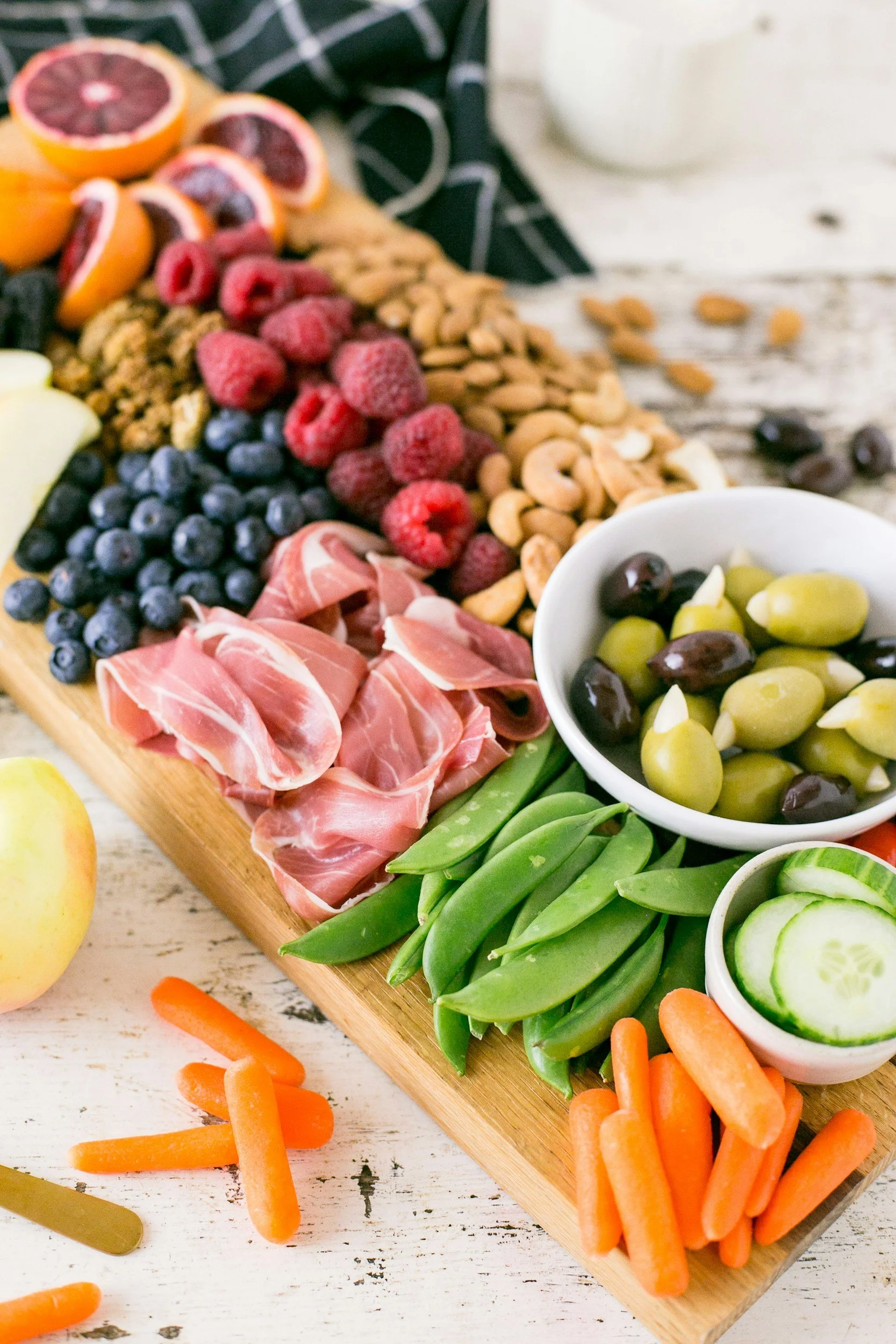Eat for a Healthier Heart: Foods That Lower Cholesterol
/
We see many people at our fitness retreats and within Vita Health Coaching with a concern for cholesterol and questions in terms of what to eat. When it comes to managing cholesterol, food choices play a powerful role.
Some foods actively lower LDL (“bad”) cholesterol, help improve HDL (“good”) cholesterol, and support heart health by reducing inflammation. Below, we’ll dive into the top foods known to lower cholesterol, with practical ways to incorporate them into your meals.
Practical Ways to Build Heart-Healthy Meals
The key to consistently lowering cholesterol lies in building meals around these heart-healthy foods. Aim to:
Add more fiber: Make oats, legumes, and whole grains part of your routine.
Choose healthy fats: Use olive oil or avocado instead of butter or margarine.
Swap in lean proteins: Choose fish or plant-based proteins in place of red meat.
Make vegetables the star: Fill half your plate with colorful vegetables at every meal.
Cholesterol-Lowering Foods
Extra Virgin Olive Oil
Rich in monounsaturated fats, olive oil can help reduce LDL cholesterol and boost HDL levels.
Pro tip: Use it in place of butter for cooking or drizzle it over vegetables and salads.Nuts (Almonds, Walnuts, and Pistachios)
Nuts contain healthy fats, fiber, and plant sterols, which block cholesterol absorption.
Try this: Snack on a handful or sprinkle them over yogurt, oatmeal, or salads.Oats and Whole Grains
Oats, barley, and other whole grains are high in soluble fiber, which binds to cholesterol and prevents it from entering the bloodstream.
Meal idea: Start your day with oatmeal or use quinoa and farro as the base for grain bowls.Legumes (Chickpeas, Lentils, and Beans)
Legumes are fiber-packed and help lower LDL cholesterol while keeping you full longer.
Incorporate this: Add them to soups, salads, or create a plant-based stew.Fatty Fish (Salmon, Mackerel, and Sardines)
Omega-3 fatty acids in fatty fish reduce triglycerides and prevent cholesterol buildup.
Simple swaps: Have fish twice a week, grilled or baked, in place of red meat.Fruits Rich in Pectin (Apples, Pears, and Berries)
Pectin, a soluble fiber, works to lower LDL cholesterol.
Quick tip: Add berries to your morning smoothie or snack on an apple with nut butter.Vegetables (Leafy Greens, Tomatoes, and Eggplant)
Vegetables are high in antioxidants and fiber, which reduce cholesterol and protect heart health.
Easy trick: Make vegetables the largest portion on your plate at every meal.Avocados
Avocados contain healthy fats and fiber, both of which help improve cholesterol levels.
Serving idea: Add sliced avocado to sandwiches, salads, or toast for a creamy boost.Herbs and Spices (Basil, Oregano, and Turmeric)
Using herbs and spices in place of salt can lower blood pressure and cholesterol levels.
Quick tip: Experiment with fresh herbs in dressings and sauces for added flavor.
A Sample Day of Heart-Healthy Eating
Breakfast:
Oatmeal with walnuts, sliced pears, and a drizzle of honey
Lunch:
Quinoa and chickpea salad with cucumbers, cherry tomatoes, and olive oil
Dinner:
Baked salmon with roasted vegetables and a side of brown rice
Mixed greens with balsamic vinegar and olive oil
Snack:
A handful of almonds and an apple
Get → The Mediterranean Diet Recipe Bundle + Meal Plans
A Natural Fit: The Mediterranean Approach
If this sounds like a sustainable way to eat, that’s because it mirrors the principles of the Mediterranean diet—a way of eating focused on whole, minimally processed foods that promote long-term health.
With its emphasis on fresh produce, healthy fats, whole grains, and lean proteins, the Mediterranean blueprint naturally aligns with heart-healthy goals.
This style of eating isn't about restriction; it’s about balance and enjoyment.
Simple adjustments—like replacing saturated fats with olive oil, adding legumes to meals, or enjoying fresh fruits daily—can make a big impact on cholesterol levels over time.
Lifestyle also plays a role in heart health - managing stress, connection, joy, movement and mindfulness are also key pieces of wellness.
Small Changes, Big Benefits
Lowering cholesterol and eating a heart healthy diet doesn’t require drastic changes—just small, mindful shifts toward whole foods.
Focusing on fiber-rich grains, healthy fats, and lean proteins can naturally improve cholesterol levels and protect your heart over time.
Get moving and increase your cardiovascular capacity to help improve heart health.
Whether or not you fully embrace a Mediterranean-style diet, integrating its simple, heart-healthy habits into your routine is a sustainable way to support overall wellness. Choose foods that nourish your body, and over time, you’ll build a foundation for better heart health and long-lasting vitality.
Explore More: Next Steps
We’ve got more for you to enjoy. Here are a few resources to keep the momentum going:
📌 Related Posts
✓ Done-for-You Guides
50 Anti-Inflammatory Meals → done-for-you recipe bundle
Mediterranean Diet Refresh → fully guided program with meal plans, gut health, weight loss guidance and more
The Wellness Shop → view our full list of weight loss programs, recipes guides, journals & tools
Ready to Get Started with the Mediterranean Diet?
If you're curious about how to fully embrace the Mediterranean lifestyle, we’ve got you covered.
9 weeks of action steps
Done-for you meal plans
Over 250 recipes
Gut Health
Weight Loss & Lifestyle Customization
Our Mediterranean Diet Blueprint provides practical guidance, meal ideas, and tips to help you seamlessly transition to this heart-healthy way of eating.




